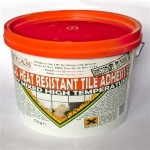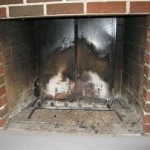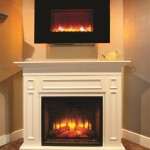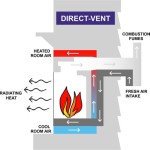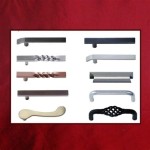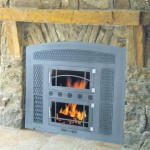Wood Burning Fireplace Radiator Heat Exchanger: Harnessing the Power of Fire
A wood-burning fireplace can be a captivating focal point in any home, offering warmth and ambiance. However, traditional fireplaces are notoriously inefficient, losing a significant portion of the heat generated to the chimney. This inefficiency can lead to wasted energy and higher heating bills. Fortunately, a wood-burning fireplace radiator heat exchanger offers a solution to this problem, allowing homeowners to capture and distribute the heat produced by their fireplace more effectively.
A fireplace radiator heat exchanger is essentially a device that transfers heat from the burning wood in the fireplace to a circulating water system. This system then distributes the heated water to radiators placed throughout the house, providing supplemental heat in multiple rooms. By capturing the heat that would otherwise escape through the chimney, these systems can significantly improve the overall efficiency of the fireplace, reducing energy consumption and increasing the comfort of the home.
Here are some key points to understand about wood-burning fireplace radiator heat exchangers:
Components and Operation
A typical wood-burning fireplace radiator heat exchanger system includes several key components: a heat exchanger unit, a circulating pump, a water tank, radiators, and connecting pipes. The heat exchanger unit is installed within the fireplace, usually near the back wall, and is connected to the water tank. As the fire burns, the heat exchanger absorbs heat from the burning wood and transfers it to the water in the tank. The circulating pump then moves the heated water through the pipes and to the radiators, distributing warmth throughout the house. The radiators typically consist of metal fins that release the heat into the surrounding air, warming the room.
Benefits of Using a Heat Exchanger
Using a fireplace radiator heat exchanger offers numerous benefits for homeowners:
- Improved Efficiency: By capturing and distributing the heat generated by the fire, heat exchangers significantly increase the overall efficiency of the fireplace. This can result in substantial savings on heating costs.
- Increased Comfort: The distribution of heated water to radiators throughout the house provides consistent warmth, enhancing comfort and reducing the need for other heating sources.
- Reduced Energy Consumption: The efficient use of heat generated by the fire reduces reliance on traditional heating systems, leading to lower energy consumption and a smaller carbon footprint.
- Enhanced Safety: As the heat exchanger system transfers heat away from the fireplace, it reduces the risk of fire hazards within the home.
Factors to Consider
While fireplace radiator heat exchangers offer significant benefits, there are some factors to consider before installing one:
- Cost: Installation of a heat exchanger system can be a substantial investment. The cost depends on the size and features of the system, and the labor required for installation.
- Space Requirements: The heat exchanger unit, water tank, and connecting pipes will require space within and around the fireplace. Ensure sufficient space is available for installation.
- Maintenance: Like any mechanical system, heat exchangers require regular maintenance to ensure optimal performance and longevity. This includes cleaning the unit, checking for leaks, and ensuring proper operation of the circulating pump.
By carefully considering these factors and consulting with qualified professionals, homeowners can determine if a wood-burning fireplace radiator heat exchanger is a suitable option for their needs, unlocking the potential for greater warmth, efficiency, and cost savings from their fireplace.

4 7 039 120mm Flue Pipe Heat Exchanger Radiator Woodburner Fireplace

Fireplace As Heatingsystem Called Thermo Exclusive Property Blog

Stove With Heat Exchanger On The Flue Looks A Bit Mad To Me Wood Water Heater

Wood Burning Stove Heat Exchanger Radiator 30 Less Fuel Consumption And Retention Fireplace Heater

This Is A Great Small Area Heater For Smaller Fireplace Rated At Over 28 000 Btu Of Heat It Delivers Mor Blower Gas

Grate Heater Wikipedia

Pin On Wood Stove

Work Heater Wood Burner Solid Fuel Flexiheat Ltd

Choose A Fireplace Grate Heater From The 3 Top Ing For 2024

Guide To Back Boiler Stoves Direct Resources
Related Posts

